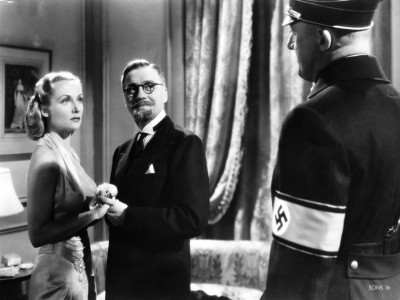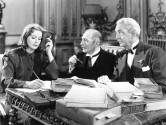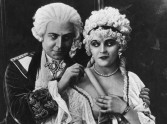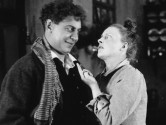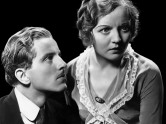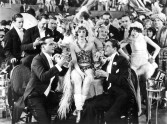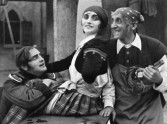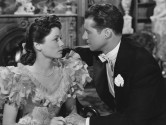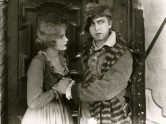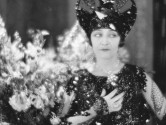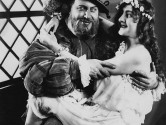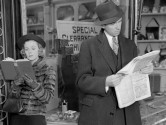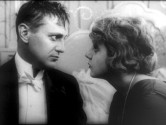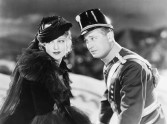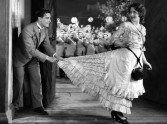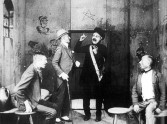
Anna Boleyn
Screening on Film
With Henny Porten, Emil Jannings, Hedwig Pauly-Winterstein.
Germany, 1920, 35mm, black & white, silent, 118 min.
German intertitles with English subtitles.
Print source: Friedrich-Wilhelm-Murnau-Stiftung
Resurrecting 16th century England on a grand scale, Anna Boleyn is an early example of the Monumentalfilme, a German sibling to the American prestige picture. Prior to his departure to Hollywood, Lubitsch was contracted for a handful of such productions, though the films, which emphasized spectacle over subtlety, are a far cry from the work the director would come to be known for. Anna Boleyn concerns the elopement of the titular heroine (Henny Porten) to King Henry VIII (Emil Jannings), an arrangement doomed from the start by the King’s erratic temperament, which is juxtaposed against Anna’s frailty. Though Henry’s unapologetic indulgence in carnal pleasure marks him as an early iteration of the classic Lubitschean male, it’s the doomed Anna who receives the director’s sympathetic treatment as the story marches toward tragedy. In detailing the disastrous repercussions of unchecked masculinity, the film lacks the spark and wit of Lubitsch’s later films, but it is as good an indicator as any of his sterling command of resources, as evidenced in particular by an extraordinary wedding sequence filmed in an open-air recreation of the Westminster Cathedral.
